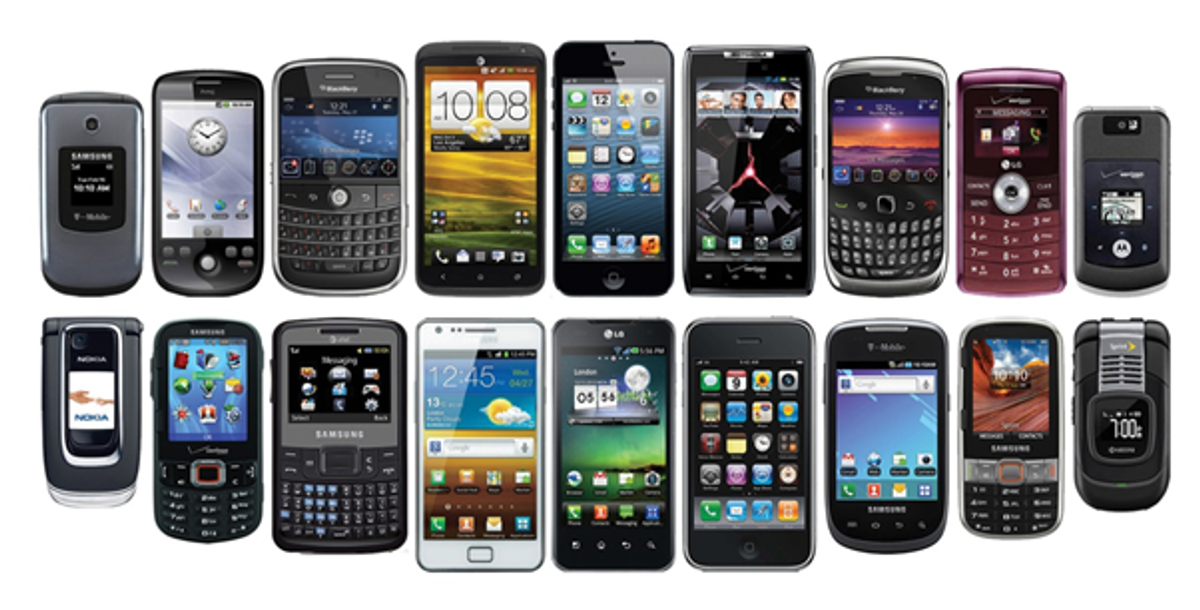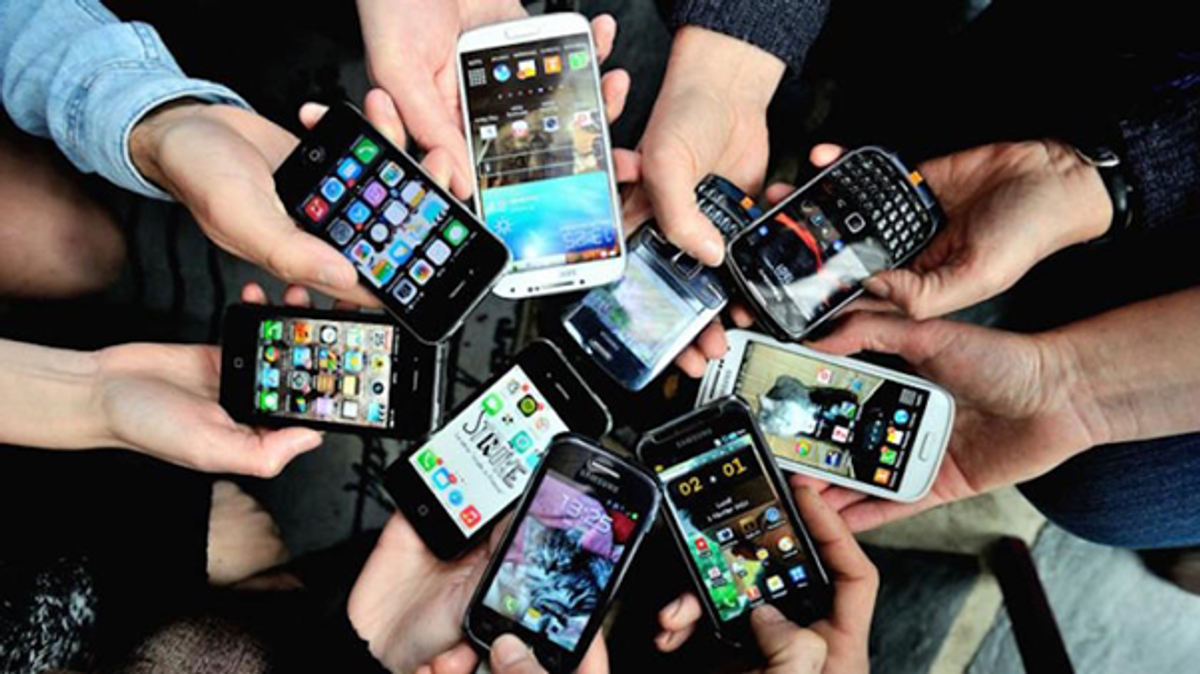Wellbeing Corner

Responsible Mobile Phone Use for Teenagers
If your child develops responsible mobile phone habits early on, it can help ensure that the phone is a positive part of his/her life.
About responsible mobile phone use
If you’re thinking about a mobile phone for your child, or your child already has a phone, it’s important to think about how you’ll help your child learn to use the phone responsibly.
Responsible mobile phone use is about:
- sticking to family rules about phone use
- managing costs by keeping track of call, text and data usage
- keeping the phone charged and safe and not losing it
- being safe and respectful in calls, texts and social media posts.
Role-modelling responsible mobile phone use
You can encourage your child to use his mobile phone responsibly by modelling healthy and responsible phone use yourself.
To start with, you could think about your own media use. For example, if you’re continually checking your emails or social media feed, it’s likely your child will see this as acceptable phone use. On other hand, if you have a rule about not using phones during family mealtimes, you can reinforce this rule by following it yourself.
Rules for mobile phone use
It’s a good idea to discuss and agree on mobile phone rules with your child. These might be rules about what the phone can be used for, where and when it can be used, and how much can be spent on usage.
Here are some examples of mobile phone rules for your child:
- What: your child must answer calls and texts from you and his other parent. Your child can also use the phone to contact friends and listen to music. Your child can’t use the phone to shop online or watch movies.
- Where: your child can use her phone in the family areas of the house, but not at meal times or when doing homework.
- When: your child can use his phone during the day and early evening, but not after 8 pm.
- How much: your child can use the plan’s monthly allowance, but there won’t be any extra payments.
Here are some examples of mobile phone rules for the whole family:
- Mobile phones stay out of bedrooms after lights out.
- Mobile phones are put down when you’re talking with each other.
You might find it helpful to create an agreement that both you and your child sign. You could make this part of a family media plan covering all types of devices and media use. If you choose to have a formal agreement, it’s a good idea to revise it together regularly to make sure it still meets your needs and your child’s needs.
You might also want to talk about and agree on consequences if your family’s mobile phone rules are broken – by your child, or by you.
You can guide your child towards positive mobile phone use. For example, you could encourage your child to take a photo of one nice thing that happens each day to share with you that evening, or use his phone to edit photos, or learn a language.
Managing mobile phone costs
Your child needs to keep track of calls, text and data usage, so they don’t run up big bills and can still make calls at the end of the month.
When your child first gets a mobile phone, they will need help to learn how to manage costs. For example, you can:
- show your child how to check how much of call, text and data allowance has been used
- help your child switch off unnecessary settings that use up data, like automatic downloads for data, background app refresh, and wi-fi assist
- explain that some downloads – like music and videos – should only occur only on wi-fi, or they might go over their data limit.
Keeping the mobile phone safe and charged
Responsible mobile phone use involves keeping the phone safe, charged and undamaged.
You’ll need to talk with your child about keeping their mobile phone safe – for example, use of a cover.
It’s also a good idea to agree with your child on how you’ll deal with replacing a lost or damaged mobile phone. For example, will you or your child pay for a new handset?
Henry Kendall High School require phones to be switched off or on silent so they can’t be used during class. It’s important for your child to stick to her school’s rules about mobile phone use. Please do not ring your child during class time.
Safe and respectful mobile phone use
If your child uses their mobile phone to communicate independently with others or access the internet, it increases the risk that they will come across content that is inappropriate Eg pornography. It also exposes your child to risks like cyberbullying, sexting and contact with strangers.
You can help protect your child from risky or inappropriate content and activities by teaching her about internet safety.
You can also talk to your child about:
- managing safety and privacy settings on their phone – for example, checking that social media profiles are private and locking the phone with a pin
- not entering personal details like name, address or date of birth into online accounts or forms
- accepting new social media friend requests only from people that are known
- checking which apps use location services and switching off the ones that are not needed. This can ensure that your child isn’t showing their location to nearby unknown people.
Your child needs to learn about using their mobile phone to communicate in a respectful way too. This involves not creating or forwarding nasty or humiliating emails, photos or text messages. Using the phone respectfully is an important part of being a responsible digital citizen.




